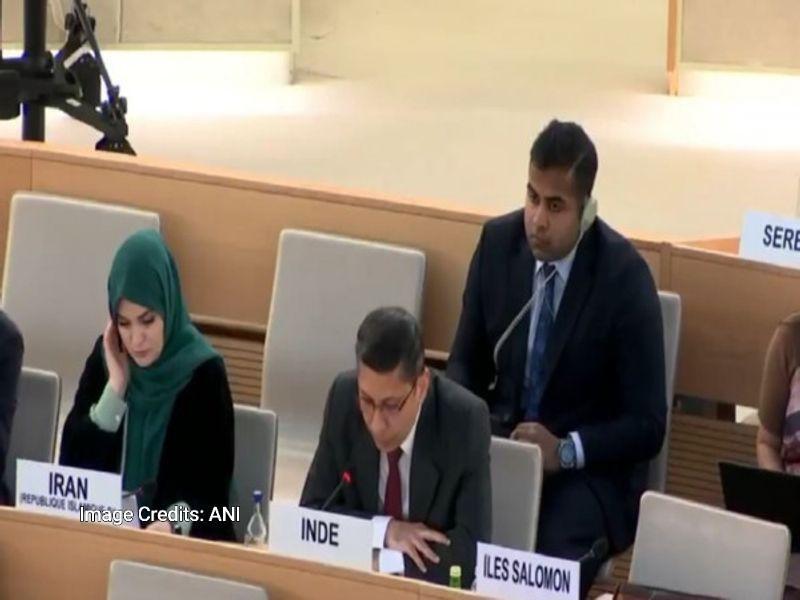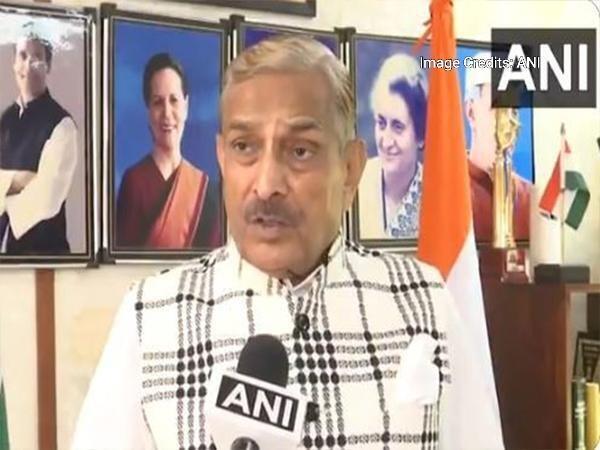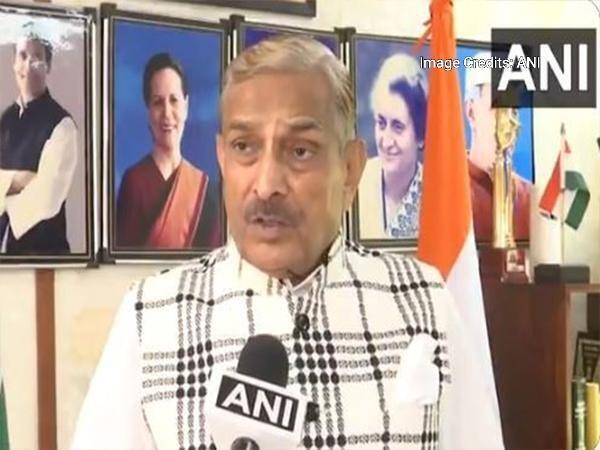
Unfounded, Baseless: India on UNHRC Chief Remarks on J&K, Manipur
In a stern rebuke, India has termed the statement made by the UN’s human rights chief, Volker Türk, on Jammu and Kashmir (J&K) and Manipur as “unfounded and baseless”. The UNHRC chief’s remarks, which called for addressing violence in Manipur and expressed concerns over restrictive laws in J&K, have been strongly criticized by India, with its permanent representative to the UN, Arindam Bagchi, calling it “cherry-picking”.
The controversy began when Türk, the UN High Commissioner for Human Rights, made a statement on the situation in J&K and Manipur during a meeting of the Human Rights Council in Geneva. While addressing the council, Türk expressed concerns over the restrictive laws in J&K, which were imposed by the Indian government after it revoked the special status of the region in 2019. He also called for addressing the violence and human rights abuses in Manipur, a northeastern state in India that has been plagued by insurgency and violence for decades.
India’s Permanent Representative to the UN, Arindam Bagchi, strongly objected to the UNHRC chief’s statement, saying that it was “unfounded and baseless”. In a statement, Bagchi said that India is a “healthy, vibrant, and pluralistic society” that continues to promote and protect human rights. He also accused the UNHRC chief of “cherry-picking” the issues and ignoring the positive developments in J&K and Manipur.
“India is a democracy that has a robust system of governance, a vibrant civil society, and a strong commitment to human rights,” Bagchi said. “The world’s largest democracy continues to be a healthy, vibrant, and pluralistic society, where human rights are protected and promoted.”
Bagchi also pointed out that the UNHRC chief’s statement was based on “incomplete and inaccurate information” and that it ignored the efforts of the Indian government to promote peace and stability in J&K and Manipur. He also accused the UNHRC chief of “selectively” highlighting the issues and ignoring the positive developments in the region.
The controversy is not new, and it is not the first time that India has clashed with the UNHRC over the issue of human rights in J&K and Manipur. In the past, India has accused the UNHRC of bias and of being influenced by external factors in its assessment of the human rights situation in the country.
The UNHRC chief’s statement, however, has sparked a fresh controversy, with many experts and scholars weighing in on the issue. While some have supported the UNHRC chief’s concerns over the human rights situation in J&K and Manipur, others have criticized him for “cherry-picking” the issues and ignoring the positive developments in the region.
One of the main criticisms of the UNHRC chief’s statement is that it is based on incomplete and inaccurate information. Many experts have pointed out that J&K has made significant progress in recent years, with the Indian government taking steps to promote peace and stability in the region. They have also pointed out that the restrictions imposed on the region were necessary to maintain law and order and to prevent violence.
In contrast, Manipur has been plagued by insurgency and violence for decades, with many human rights abuses and atrocities committed by both the security forces and the insurgents. While the Indian government has taken steps to promote peace and stability in the region, the situation remains fragile, and the UNHRC chief’s concerns over the human rights situation in Manipur are justified.
In conclusion, the controversy over the UNHRC chief’s statement on J&K and Manipur is a complex issue that requires a nuanced understanding of the situation on the ground. While India has strongly rejected the UNHRC chief’s statement, many experts and scholars have supported his concerns over the human rights situation in the region. The UNHRC chief’s statement has sparked a fresh controversy, and it remains to be seen how the situation will unfold in the coming days and weeks.





